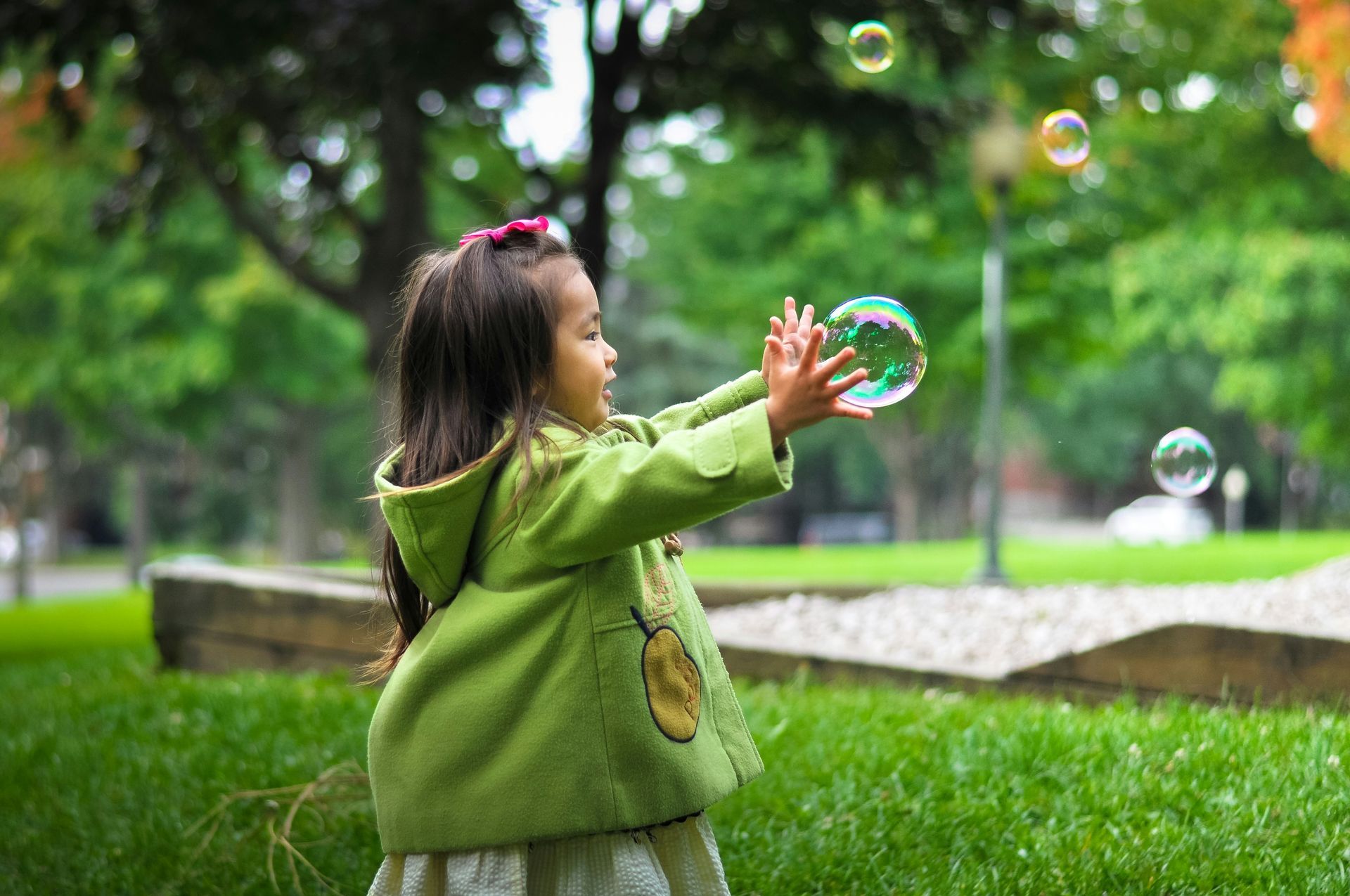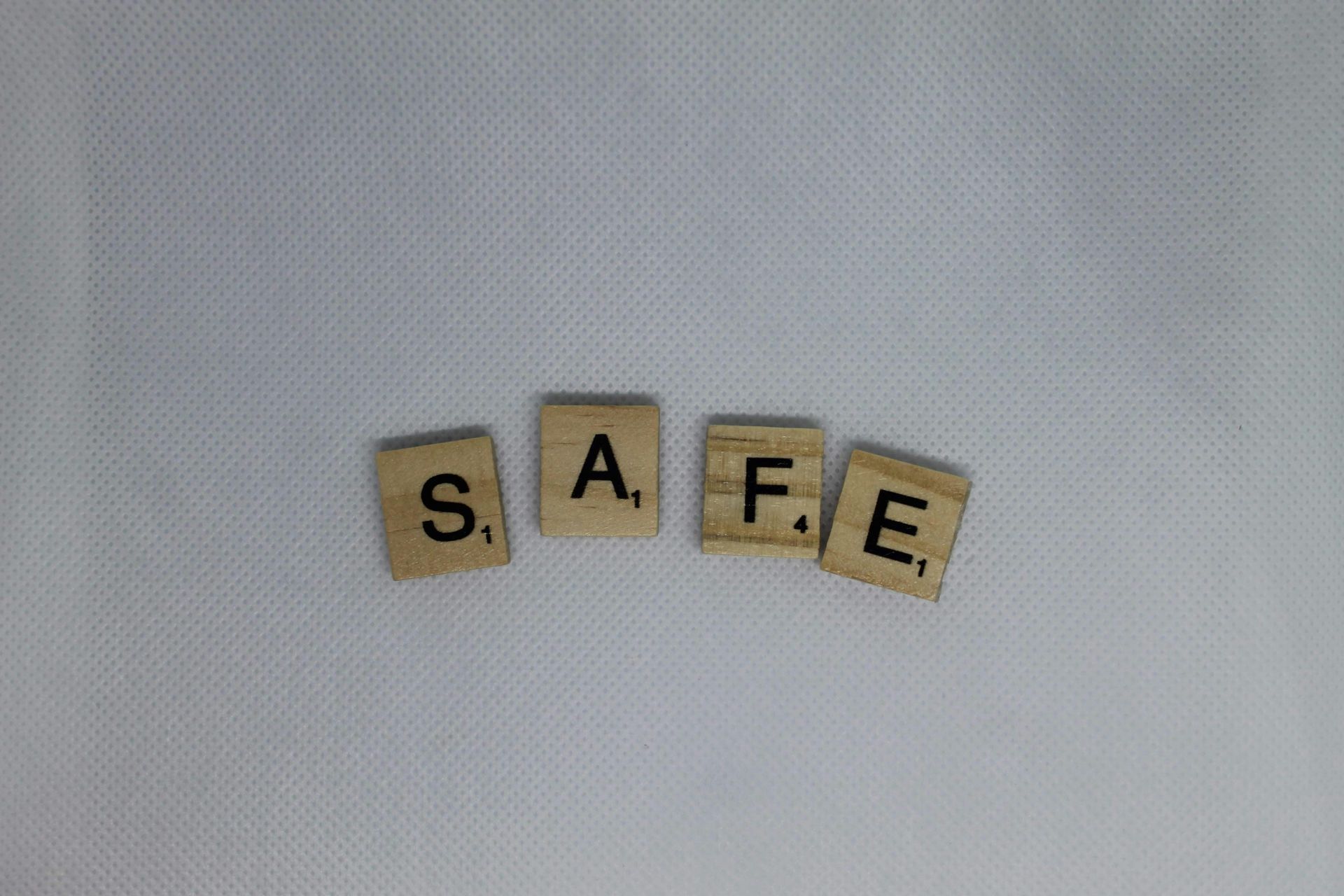How Understanding Your Child's Brain Development Can Transform Their Emotional Regulation
Discover the Science Behind Connection and Regulation in Child Development Through Interpersonal Neurobiology

Eight-year-old Emma threw herself on the floor, screaming about her broken crayon while her exhausted mother watched helplessly. "She's normally such a good kid," her mom whispered. "I don't understand why she can't just calm down."
The Hidden Challenge in Child Behavior
Many parents struggle to understand their child's intense emotional reactions, often feeling frustrated when traditional discipline methods don't work. Children experiencing anxiety, depression, trauma, or everyday stress may have meltdowns that seem disproportionate to the situation. Without understanding the neurological basis of these behaviors, parents and caregivers often feel helpless and resort to punishment rather than connection, inadvertently making the situation worse.
The Solution: Understanding Your Child's Developing Brain
Dr. Dan Siegel's groundbreaking work in Interpersonal Neurobiology (INB) reveals that a child's behavior is directly connected to their brain development and nervous system regulation. Siegel explains that "connection is why we're here. We are hardwired to connect with others, it's what gives purpose and meaning to our lives" (Siegel, 2012). This research shows us that children's emotional outbursts aren't defiance—they're communication about their internal state and developmental needs.
INB demonstrates that the brain develops through relationships, and children need co-regulation from caring adults to learn self-regulation. Studies show that when parents understand and respond to their child's neurological needs, behavioral challenges decrease significantly while emotional resilience increases.
Practice Co-Regulation Before Self-Regulation
Co-regulation is the process where a calm, regulated adult helps a dysregulated child return to a state of emotional balance. This neurological process literally shapes the developing brain.
Steps to practice effective co-regulation:
- Notice your own emotional state first—children mirror our nervous systems
- Move physically close to your child (if they're receptive)
- Match their emotional intensity initially, then gradually lower your tone and energy
- Use simple, soothing words: "I see you're really upset. I'm here with you."
- Focus on connection before correction—address behavior only after they've calmed
The benefit: When children experience consistent co-regulation, their brains develop stronger pathways for self-soothing and emotional management. This leads to fewer meltdowns, increased confidence, and better relationships throughout their lives.
Building Your Child's Emotional Resilience
Remember Emma from our opening? When her mother learned to see the meltdown as Emma's developing nervous system being overwhelmed rather than defiant behavior, everything changed. By offering comfort first and teaching coping skills later, Emma learned to regulate her emotions more effectively.
Your child's challenging behaviors aren't character flaws—they're opportunities to build connection and support their developing brain. Understanding the science behind their emotions empowers you to respond with compassion rather than frustration.
If you're ready to better understand your child's emotional world and build stronger family connections, the therapists at Bareiter Counseling Center are trained in developmentally-informed approaches. Call us today at 704-334-0524 to support your family's journey toward emotional wellness.
Citation: Siegel, D. (2012). The Developing Mind: How Relationships and the Brain Interact to Shape Who We Are. Guilford Press.



